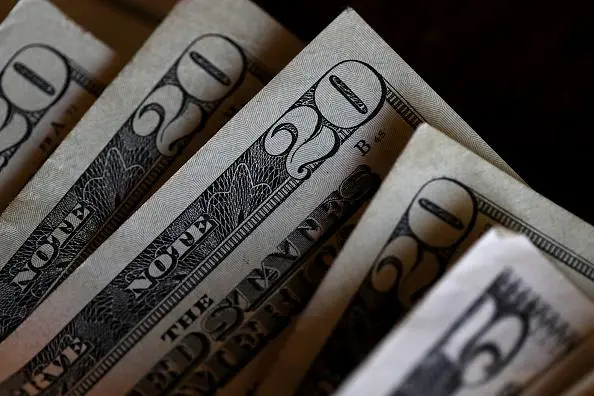PHOTO
LONDON- A Dubai bank shuttered accounts earlier this year of a secret offshore company belonging to a Maltese businessman since charged with the murder of an investigative journalist, two banking officials have said.
The businessman, Yorgen Fenech, was charged last month with complicity in the 2017 killing of Daphne Caruana Galizia, who had written about the company, 17 Black Limited, shortly before her death. He has denied the accusation.
The banking officials told Reuters that prior to the murder accusation, Noor Bank had handed Fenech two cheques totalling 6.1 million dirhams ($1.7 million) when in April 2019 it closed the accounts established in the name 17 Black.
One official, the acting head of the United Arab Emirates' Financial Intelligence Unit (FIU), Ali Faisal Ba'Alawi, said the bank had decided to hand back the money, deeming the customer to be "high risk". This happened just months after a Reuters investigation had identified Fenech as the owner.
Senior police sources in Malta have told Reuters they are investigating whether 17 Black's activities may have been a potential motive for Caruana Galizia's killing. Fenech denies any wrongdoing.
Noor Bank did not respond to a request for comment.
Dated April 23, 2019, the cheques have not yet been deposited. Reuters could not determine why Fenech did not deposit the cheques at another bank after Noor returned the funds to him.
Fenech declined to say whether he owned 17 Black when Reuters published its story in November 2018. The two cheques in his name are the first documented evidence that connects him to the company. His lawyers did not respond to requests for comment on the two cheques.
Eight months before her death, Caruana Galizia wrote in her blog about 17 Black. She alleged it was connected to Maltese politicians, but no evidence has so far emerged to back up her assertion.
In a telephone interview, Ba'Alawi said the money was released to Fenech because no valid freezing order had been received from any authority, including Malta.
If requested, the cash could still be blocked, he said.
"I can confirm these cheques have not been deposited anywhere so everything remains as is," he said, speaking after being shown by Reuters copies of the cheques issued to Fenech.
Another senior UAE financial official, who declined to be named, also told Reuters the cheques were authentic.
"HIGH RISK"
The copies of the cheques were passed by an anonymous source to the Daphne Project, a group of media organisations, including Reuters, that has continued some of Caruana Galizia's work and is coordinated by Forbidden Stories, an NGO in Paris.
Registered as an offshore company in the UAE emirate Ajman, 17 Black opened accounts at Noor Bank in 2015, according to correspondence seen by Reuters. In 2017, after Caruana Galizia wrote about it, it was renamed Wings Development Ltd.
Ba'Alawi said the decision to close the accounts was made by the bank.
"The cheques you have a copy of, are manager cheques, meaning the accounts have been closed because the customer is deemed to be of a high risk and beyond the bank's risk appetite or threshold," he said.
In Malta, officials had previously been sharply critical of the UAE. One senior investigator closely briefed on the Caruana Galizia case told Reuters that the UAE's responses to questions about 17 Black had been incomplete and that information was supplied in the form of financial intelligence which, under the rules by which is its shared, could not be disclosed by police in court evidence.
Ba'Alawi said his Financial Intelligence Unit could and would give full permission to Malta to use the intelligence as evidence for a police investigation or court, if Malta made a request.
"In our case, if that consent is sought, we provide that consent," he said.
Ba'Alawi added that if any information was lacking "they have full right to ask for further information".
In Malta, a spokesman for Ba'Alawi's counterpart, the Financial Intelligence and Analysis Unit (FIAU) said that, under Malta’s system, it was for the police and courts to make additional requests for legal assistance from another country, either to produce evidence that could be used in court or to freeze funds.
The Maltese senior investigator in the case said that legal discussions were ongoing between the UAE and Malta to secure all necessary evidence and seize any funds, if appropriate.
(Editing by Crispian Balmer and Alex Richardson)





















